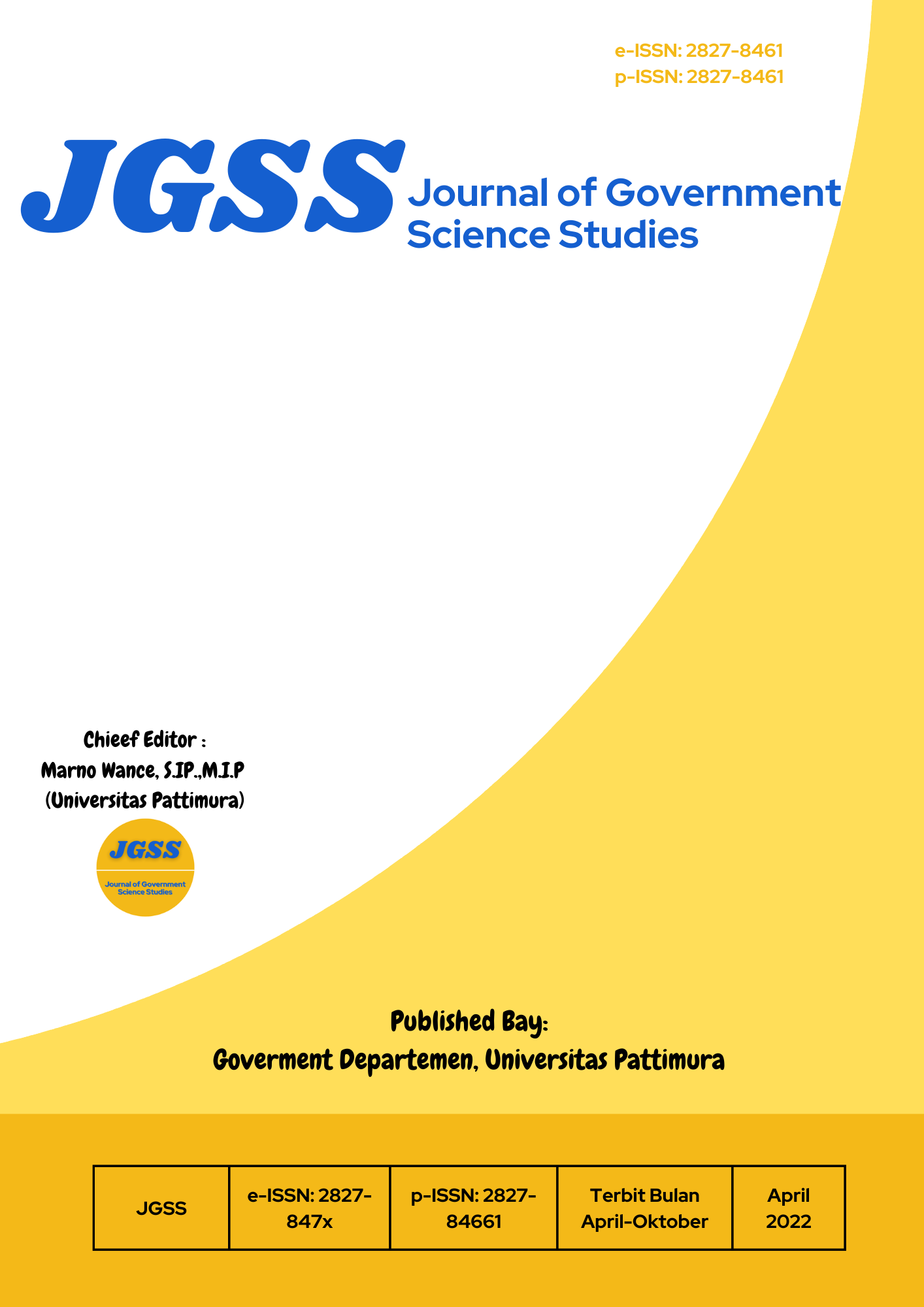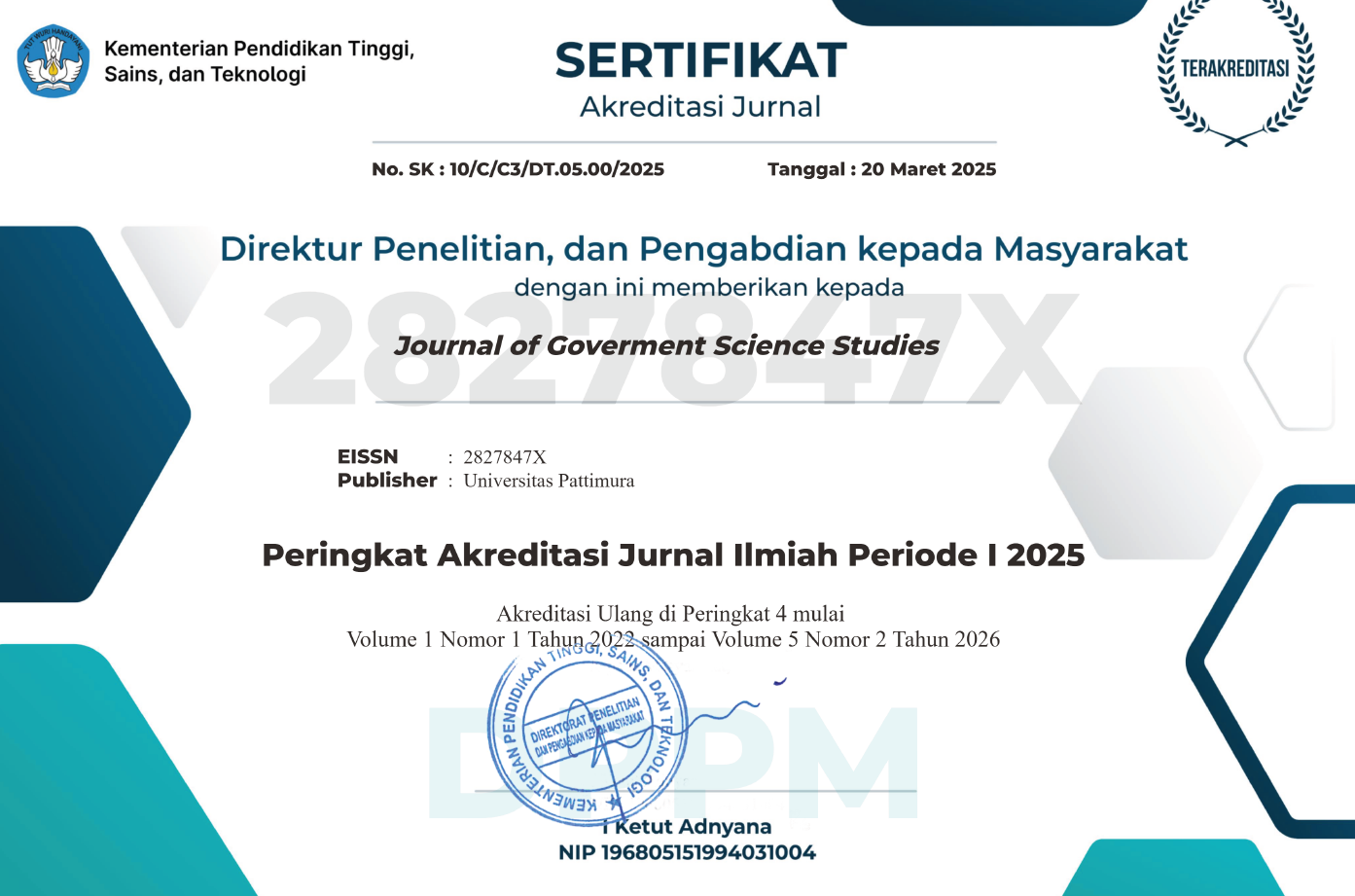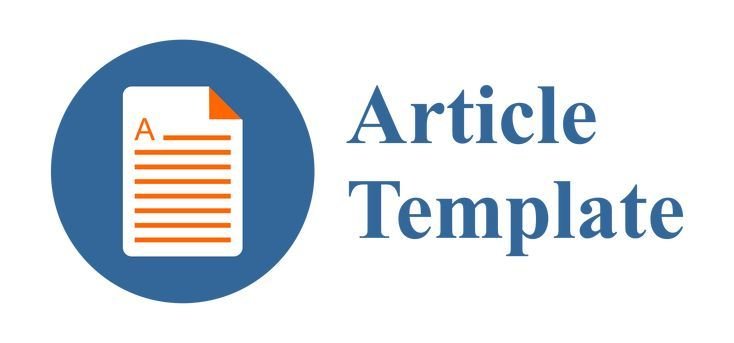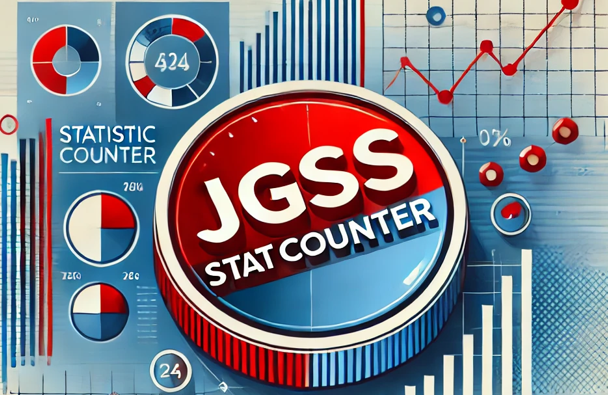Strengthening Public Sector Talent Management through 360° Feedback: A Meritocratic Approach to Performance Evaluation
Abstract
This study investigates the implementation of merit-based talent management through the MANTAP innovation in West Kalimantan Province, Indonesia, in response to the persistent limitations of the civil service performance appraisal system that has been criticized as top-down and lacking objectivity. The research aims to analyze how the integration of the 360° feedback mechanism strengthens the provincial merit system while addressing structural and cultural challenges in regional bureaucracy. A qualitative single case study approach was employed, focusing on the Regional Civil Service Agency (BKD) and two key Regional Apparatus Organizations (the Health Office and the Public Works Office). Data were collected between 2024 and 2025 through 12 purposively selected informants including structural officials, policy implementers, and civil servantsalongside document analysis, evaluation reports, and direct observation of the digital feedback process. Data were analyzed thematically using open and axial coding, following Braun and Clarke’s (2006) framework, with triangulation and member checking to ensure validity. The findings show that MANTAP enhances transparency, accountability, and fairness in civil servant competency assessments by involving multiple evaluators (superiors, peers, subordinates, and self). It also broadens opportunities for talent identification and merit-based promotions. However, challenges remain, including resistance from senior officials, hierarchical work culture, and limited digital literacy and infrastructure. The novelty of this study lies in demonstrating how a 360° feedback mechanism can be successfully applied in a provincial government with constrained digital infrastructure and entrenched seniority normscontexts that have received limited scholarly attention.Downloads
References
Ahmed, S., & Hossain, M. A. (2021). Challenges in implementing 360-degree feedback systems in developing countries. International Journal of Public Administration, 44(6), 503–519. https://doi.org/10.1080/01900692.2020.1747453.
Alimo-Metcalfe, B., & Alban-Metcalfe, J. (2001). The development of a new transformational leadership questionnaire. Journal of Occupational and Organizational Psychology, 74(1), 1–27.
Bracken, D. W., & Rose, D. S. (2011). When does 360-degree feedback create behavior change? And how would we know it when it does? Journal of Business and Psychology, 26(2), 183–192.
Braun, V., & Clarke, V. (2006). Using thematic analysis in psychology. Qualitative research in psychology, 3(2), 77-101.
Christensen, T., & Lægreid, P. (2007). Transcending New Public Management: The Transformation of Public Sector Reforms. Aldershot: Ashgate.
Cicatiello, L., De Simone, E., Di Mascio, F., Gaeta, G. L., Natalini, A., & Worthy, B. (2022). Exploring FOI publicity patterns: The case of Italian municipalities. Government Information Quarterly, 39(2), 101678.
Collings, D. G., Mellahi, K., & Cascio, W. F. (2021). Global Talent Management: Integrating Strategic Talent Acquisition and Retention. Journal of World Business, 56(1), 101-114.
Colquitt, J. A. (2001). On the dimensionality of organizational justice: a construct validation of a measure. Journal of applied psychology, 86(3), 386.
Creswell, J. W. (2018). Research design: Qualitative, quantitative, and mixed methods approaches. California: SAGE Publications. Inc.
Dąbrowska-Balcerzak, K., Nartowska, J., Wawer, I., Siudem, P., & Paradowska, K. (2021). Spirostanol sapogenins and saponins from Convallaria majalis L. structural characterization by 2D NMR, theoretical GIAO DFT calculations and molecular modeling. Molecules, 26(10), 2999.
Edmondson, A., & Lei, Z. (2019). Psychological safety: The history, renaissance, and future of an interpersonal construct. Annual Review of Organizational Psychology and Organizational Behavior, 6, 23–43.
Ferry, L., & Eckersley, P. (2020). Hybridizing the institutional logics of performance improvement and budgetary stewardship in English and Welsh local government. Public Policy and Administration, 35(1), 45-64.
Fikri, M. A. R., & Tjenreng, M. B. Z. (2025). Manajemen Pelayanan Publik. Jurnal PKM Manajemen Bisnis, 5(1), 291-304.
Fletcher, C. (2001). Performance appraisal and management: The developing research agenda. Journal of Occupational and organizational Psychology, 74(4), 473-487.
Garavan, T., Watson, S., Carbery, R., & O’Brien, F. (2016). The antecedents of leadership development practices in SMEs: The influence of HRM strategy and practice. International Small Business Journal, 34(6), 870-890.
Goffman, E. (2020). The Presentation of Self in Everyday Life. Penguin Classics.
Helliwell, J. F., & Huang, H. (2011). Well-being and trust in the workplace. Journal of Happiness Studies, 12(5), 747–767.
Hidayat, A., & Pratama, Y. (2020). Implementasi sistem merit dalam manajemen ASN di Pemerintah Daerah Yogyakarta. Jurnal Borneo Administrator, 16(1), 15–32. [https://doi.org/10.24258/jba.v16i1.700](https://doi.org/10.24258/jba.v16i1.700)
Hiatt, J. (2020). ADKAR: A Model for Change in Business, Government and Our Community. Prosci Learning Center Publications.
Hood, C. (1991). A public management for all seasons? Public Administration, 69(1), 3–19. https://doi.org/10.1111/j.1467-9299.1991.tb00779.x.
Hutchinson, S., & Purcell, J. (2018). Performance management: Practices, consequences and implications. Human Resource Management Journal, 28(4), 648–664. [https://doi.org/10.1111/1748-8583.12207](https://doi.org/10.1111/1748-8583.12207)
Jeyacheya, J., & Hampton, M. P. (2020). Wishful thinking or wise policy? Theorising tourism-led inclusive growth: Supply chains and host communities. World Development, 131. https://doi.org/10.1016/j.worlddev.2020.104960
Kementerian PANRB. (2022). Roadmap Reformasi Birokrasi 2020-2024. Kementerian PANRB.
Kim, P. S. (2019). Civil service reforms in South Korea: Balancing efficiency and accountability. International Journal of Public Administration, 42(12), 1047–1058. [https://doi.org/10.1080/01900692.2019.1575854](https://doi.org/10.1080/01900692.2019.1575854)
Kristiansen, S., & Ramli, M. (2006). Buying an income: The market for civil service positions in Indonesia. Contemporary Southeast Asia, 207-233.
Kuhlmann, S., Wollmann, H., & Reiter, R. (2025). Introduction to comparative public administration: Administrative systems and reforms in Europe. Edward Elgar Publishing.
Lanasa, A. I. M., Nurfakhira, M. A., & Dyah, R. R. B. N. A. (2024). Analisis Penerapan Manajemen Talenta di Kementerian Kesehatan Tahun 2023. Jurnal Ilmiah Wahana Pendidikan 10(23), 1241-1247.
London, M., & Smither, J. W. (1995). Can multi‐source feedback change perceptions of goal accomplishment, self‐evaluations, and performance‐related outcomes? Theory‐based applications and directions for research. Personnel psychology, 48(4), 803-839.
Marler, J. H., & Fisher, S. L. (2013). An evidence-based review of e-HRM and strategic human resource management. Human resource management review, 23(1), 18-36.
Osborne, S. P. (2006). The new public governance? 1.
Park, M., & Lee, B. H. (2023). Do public service motivation and organizational processes influence job satisfaction and organizational commitment? A comparative study in public and private organizations. Chinese Public Administration Review, 14(4), 224-237.
Perry, J. L., Hondeghem, A., & Wise, L. R. (2020). Revisiting the motivational bases of public service: Twenty years of research and an agenda for the future. Public Administration Review, 80(5), 666–673.
Pollitt, C., & Bouckaert, G. (2020). Public Management Reform: A Comparative Analysis—Into the Age of Austerity (4th ed.). Oxford: Oxford University Press.
Rothwell, W. J., & Lindholm, J. E. (1999). Competency identification, modeling and assessment in the USA. International Journal of Training and Development, 3(2), 90–105.
Quah, J. S. T. (2010). Public administration Singapore-style. Emerald Group Publishing.
Ryan, R. M., & Deci, E. L. (2019). Brick by brick: The origins, development, and future of self-determination theory. In Advances in motivation science (Vol. 6, pp. 111-156). Elsevier.
Salleh, N. M., & Ahmad, N. (2021). Competency-based human resource practices in Malaysia’s public sector: Issues and challenges. International Journal of Public Sector Management, 34(3), 237–252. [https://doi.org/10.1108/IJPSM-04-2020-0107](https://doi.org/10.1108/IJPSM-04-2020-0107)
Schein, E. H., & Schein, P. A. (2019). Organizational Culture and Leadership (5th ed.). Wiley.
Scullen, S. E., Mount, M. K., & Goff, M. (2000). Understanding the latent structure of job performance ratings. Journal of Applied Psychology, 85(6), 956.
Seifert, B., Morris, S. A., & Bartkus, B. R. (2003). Comparing big givers and small givers: Financial correlates of corporate philanthropy. Journal of business ethics, 45(3), 195-211.
Senge, P. M. (1990). The art and practice of the learning organization (Vol. 1). New York: Doubleday.
Talbot, C. (2019). Theories of performance: Organizational and service improvement in the public domain. Oxford: Oxford University Press.
Turner, J. (2018). Robot rules: Regulating artificial intelligence. Springer.
Vakola, M., Tsaousis, I., & Nikolaou, I. (2004). The role of emotional intelligence and personality variables on attitudes toward organisational change. Journal of managerial psychology, 19(2), 88-110.
Van de Walle, S., & Hammerschmid, G. (2020). The impact of the new public management in Europe: A meta-analysis. Public Management Review, 22(5), 773–794.
Van Dooren, W., & Hoffmann, C. (2017). Performance management in Europe: an idea whose time has come and gone?. In The Palgrave handbook of public administration and management in Europe (pp. 207-225). London: Palgrave Macmillan UK.
Waldman, D. A., Atwater, L. E., & Antonioni, D. (1998). Has 360 degree feedback gone amok?. Academy of Management Perspectives, 12(2), 86-94.
World Bank. (2022). Indonesia Economic Prospects: Navigating Post-Pandemic Recovery. World Bank Publications.
Wulandari, D., & Fitrani, E. (2021). Monitoring dan evaluasi dalam reformasi pelayanan publik. Jurnal Administrasi dan Kebijakan Publik, 14(1), 28–39.
Wulandari, S. (2023). Penguatan reformasi birokrasi di Indonesia menuju era Society 5.0. Jurnal Public Relations (J-PR), 4(2), 51-61.
Copyright (c) 2025 Widodo Putra Suharto, Heriyanto Heriyanto

This work is licensed under a Creative Commons Attribution-ShareAlike 4.0 International License.








.png)





